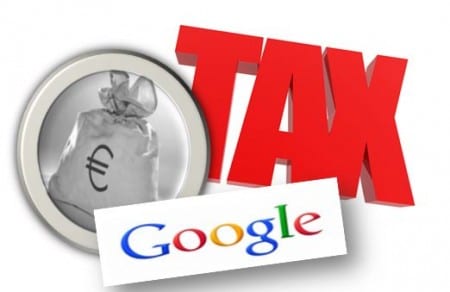
Washington is using public powers to defend private interests; Europe cannot yield to the threats to impose tariffs.
Donald Trump has directly threatened to impose tariffs on France and other European countries, including Spain, in retaliation for the introduction of the so-called “Google tax.” It is worth remembering that this tax is not an authoritarian or arbitrary demand, but a response to the proof, and public condemnation, of the fact that the big U.S. tech companies avoid paying taxes by means of diversion strategies, which involve channeling accounts and revenues to places where tax rates are low. Europe understandably expects the so-called platforms or giants of the digital economy to pay taxes in the places where they get their customers, such as the European countries where they operate.
Worryingly, one interpretation of Trump’s threats is that the U.S. administration is using state measures to defend private business strategies. In classical economics, this policy model was associated with imperialism or colonialism. Technology is protected by the state, in the same way that, at one time, commercial interests were. This confusion between private economy and public powers is a well-known practice, but Trump’s economic team is carrying it out unashamedly, for all to see, and as if it were completely legal in the global economy.
French President Emmanuel Macron has explained that France will respond to Washington’s threats and that Europe will back the response. This would be the right strategy. Trump and his trade representative, Robert Lighthizer, seem ready to consider any decision that may affect U.S. “national tech companies” as “anti-American,” however fair the decision may be. Furthermore, the collective response reflects the fact that this is an immediate financial problem that cannot be postponed until medium-term solutions have been agreed upon. The Organization for Economic Cooperation and Development is putting together a plan for the structured and agreed implementation of a Google tax in all the states in the region, but it is unlikely that the tax will be fully complied with or rather, globally accepted before 2021.
In the short term, European countries must urgently recover the revenue that is pilfered from them through tax evasion tricks. Spain is a good example of a country where public finances are stuck between the rock of keeping the deficit in check and the hard place of a fiscal structure that has been exhausted by nearly a decade of excessive tax cuts. In a political and socioeconomic environment that is hostile to major tax reform, the next government will have to resort to partial tax increases—the Google tax, environmental taxes and increased taxes on fuel—in order to address the deficit and fix the damage caused by the policies introduced between 2012 and 2017.

Leave a Reply
You must be logged in to post a comment.